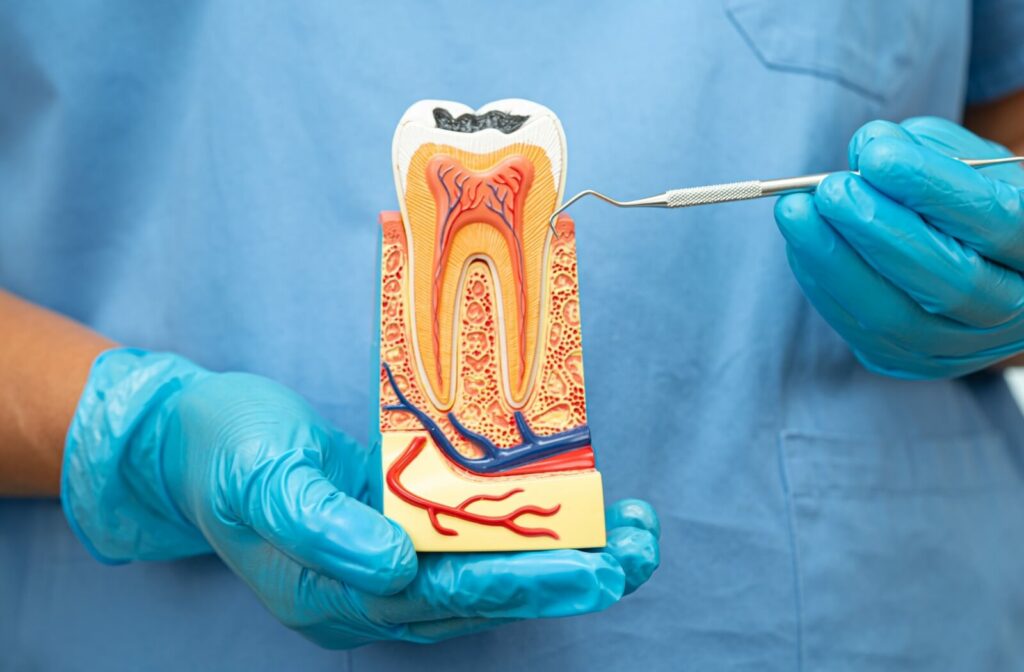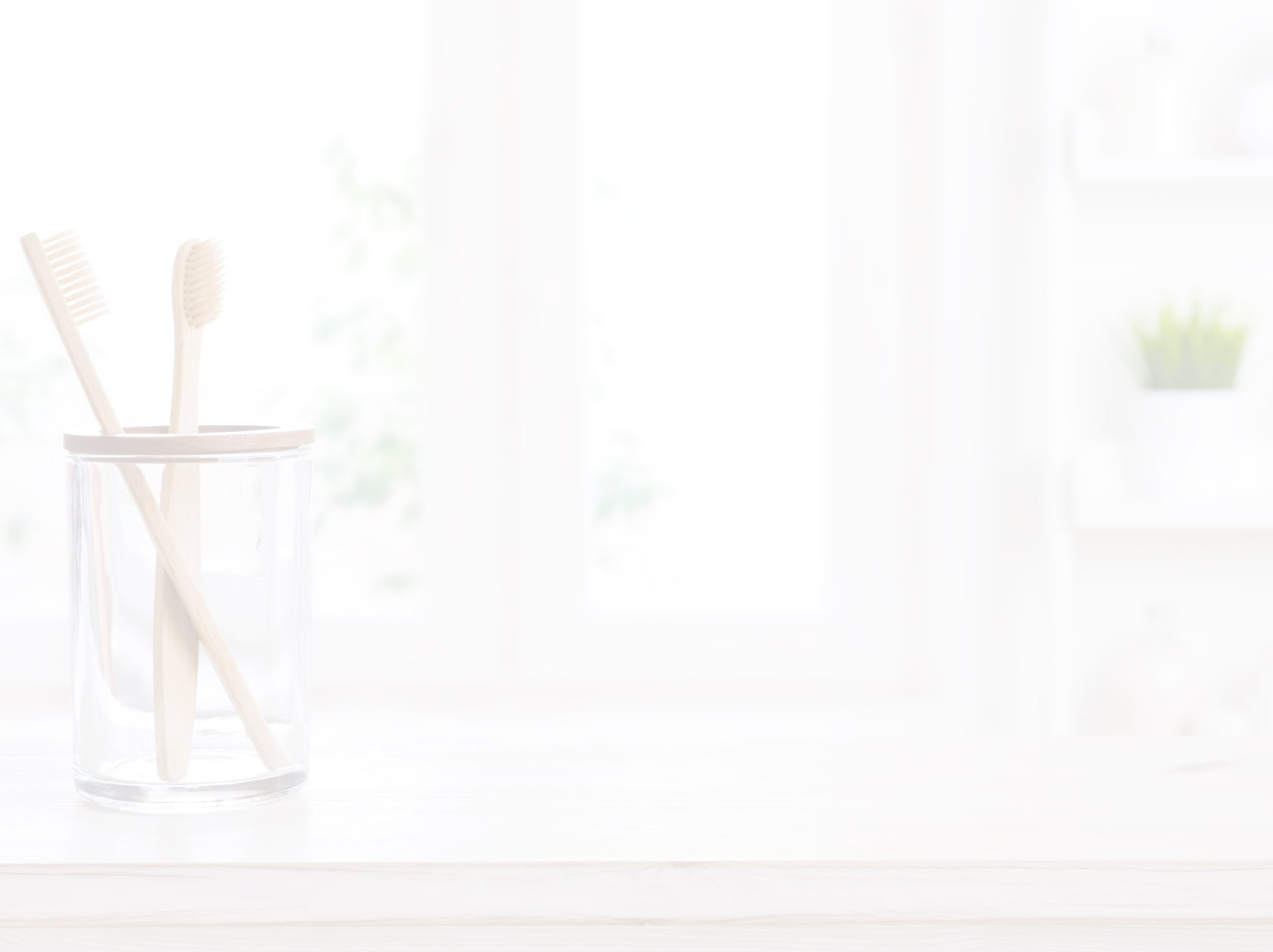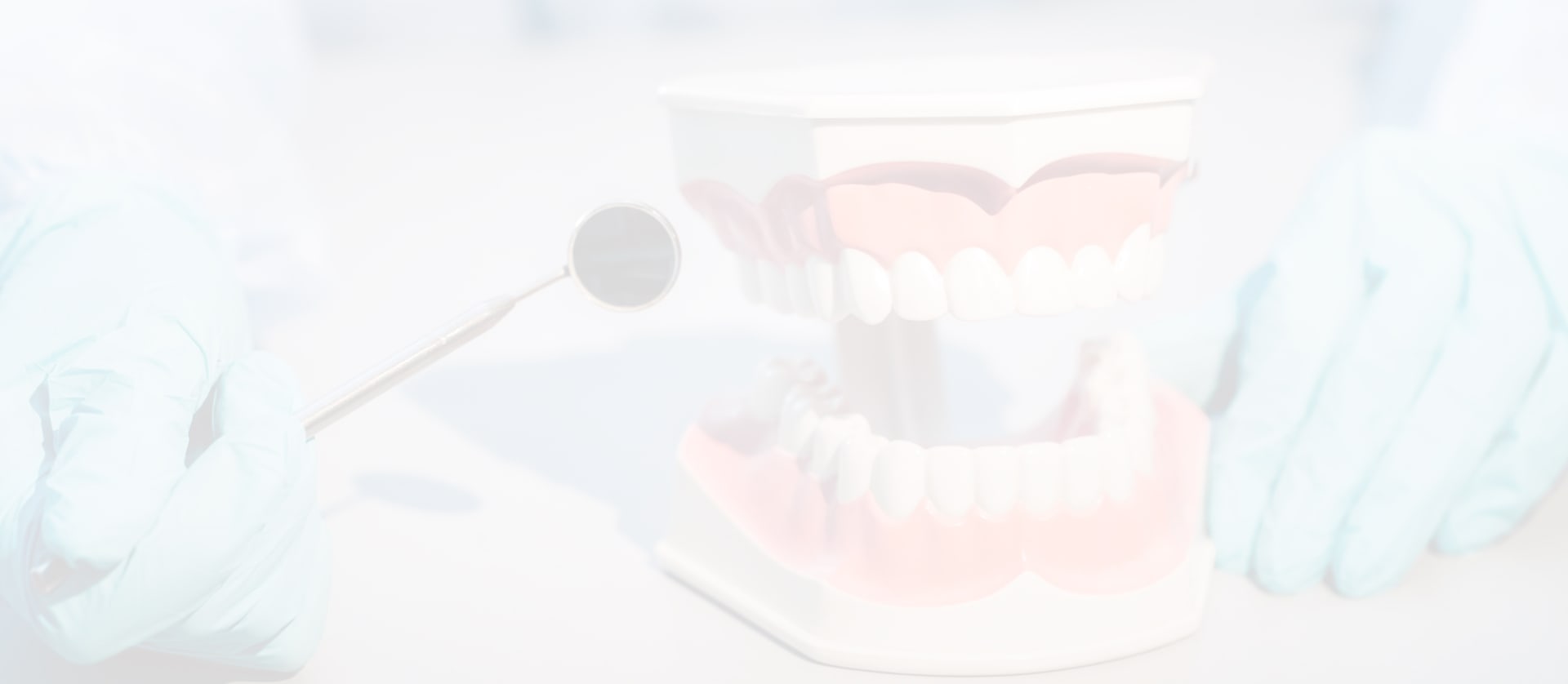Root canals have a reputation for being painful and uncomfortable. Although this reputation isn’t actually deserved—root canals are no more painful than other common dental procedures—many of us would still agree that it’s better to avoid the need to have one done.
This leads some to wonder whether—and how—they can avoid the need for a root canal.
Root canals are performed as a treatment for cracked or damaged teeth or as a way to deal with a deep cavity. This means that, if you do need a root canal, you should never avoid the procedure, as you’ll be putting your dental health at risk.
Rather than avoiding the procedure, it’s possible to prevent the need for a root canal by maintaining good dental health and preventing the growth of plaque and cavities. Likewise, taking safety measures when doing certain activities can help prevent cracking or damaging a tooth in the first place.
What Is a Root Canal & Why Do I Need One?
A root canal is a dental procedure designed to treat a severely damaged tooth. Root canals are effective and safe, and—contrary to common belief— are actually relatively painless.
Normally, your dentist will recommend a root canal for one of two reasons:
- Your tooth is severely damaged.
- Your tooth is badly decayed or infected.
The procedure itself involves removing infected or inflamed tissue from the inside of a tooth and its roots. Once this tissue is removed, the tooth canal is disinfected, then filled with a substance called gutta percha—a naturally occurring, rubber-like material.
For many patients, root canals remain the best—and, sometimes, only—way for patients to preserve a severely damaged or infected tooth. That’s why you shouldn’t try to avoid having a root canal done: you’re risking your health and making it more likely that your tooth won’t be fixable by the time you take action.
How to Prevent the Need for a Root Canal
While you shouldn’t avoid a root canal if your dentist thinks that one needs to be done, there are ways to protect your smile and reduce the likelihood that you’ll need to undergo this procedure in the future. More specifically, you can:
- Maintain your oral health
- Protect your teeth from cracking and damage
Let’s look at how these steps can be best accomplished.
Maintaining Good Oral Health
Maintaining good oral health is a matter of practicing a good routine. This includes:
- Brushing your teeth 2-3 times a day. Doing so removes plaque and leftover food from your teeth, and keeps your gums and teeth free of bacteria that cause cavities and gum disease. Using a toothpaste that contains fluoride further helps the fight against tooth decay.
- Flossing at least once a day. Dental floss can reach the narrow spaces in between your teeth and along the gum line that a normal toothbrush doesn’t have access to. Flossing, much like brushing, helps prevent cavities and gum disease.
- Brushing your tongue. In addition to brushing your teeth, give your tongue a gentle brush to remove any leftover food residue.
- Use a mouthwash/oral rinse. Using mouthwash regularly helps to prevent odour-causing bacteria.
Protecting Your Teeth from Damage
Tooth damage can occur due to a number of mostly preventable factors. These include:
- Eating hard foods. Substances like hardy candy and ice increase the risk of cracking or damaging a tooth.
- Dental trauma. Dental trauma refers to any injury to the mouth, though in this case we’re most concerned about damage to the teeth. If you fall or take a hit to the mouth, you risk cracking or breaking a tooth. Common causes of tooth damage include sports, vehicular accidents, and workplace incidents. Whether you’re working or playing, make sure you always take the necessary safety precautions.
- Grinding your teeth. Tooth grinding, also called bruxism, can cause damage to your teeth over time. If you find that you’re prone to grinding your teeth, make sure that you visit your dentist and discuss the possible solutions.

Don’t Avoid Necessary Dental Procedures
Dental procedures are designed with both your well-being and oral health in mind. If your dentist recommends that you get a root canal, they’re doing so because they believe that a root canal is the best way for you to preserve your tooth, your smile, and your health. Never avoid a necessary procedure.
However, while root canals do have a bit of a nasty reputation, this is largely unwarranted— they’re safe and relatively painless, and they do what they’re designed to do: preserve your teeth and your dental health.
Rather than avoiding procedures, take the required preventative steps to minimize the risk of something going wrong. In the case of root canals, this means maintaining good oral health habits and protecting your teeth when you’re doing dangerous activities.
If you’re worried about a dental procedure, or if you just want more information about what your dental future might involve, don’t hesitate to contact us at Fairlawn Dental Centre. We’re here for your comfort and health, and committed to giving you a good reason to smile.










